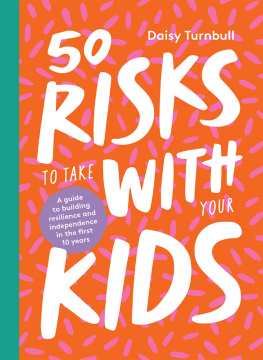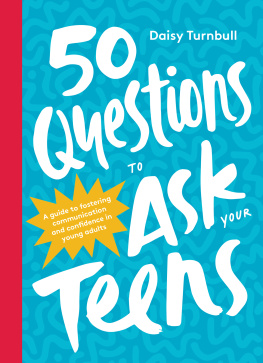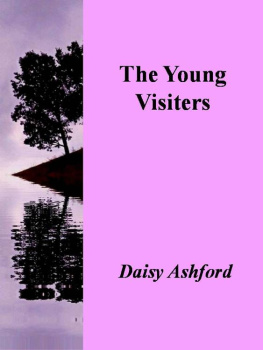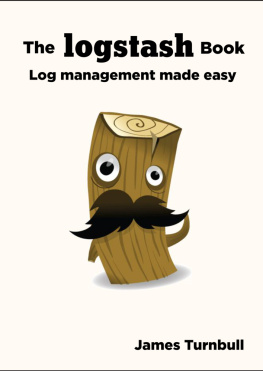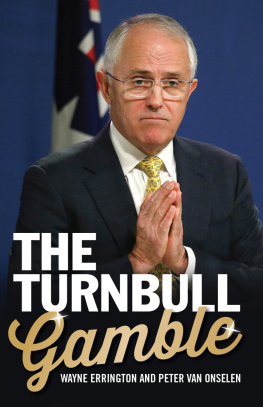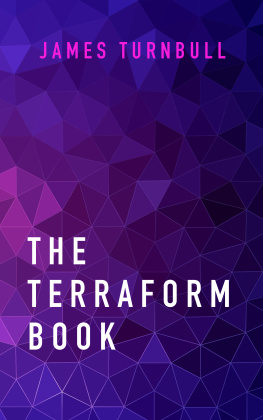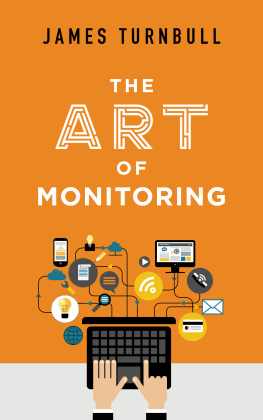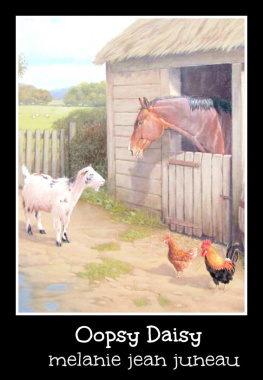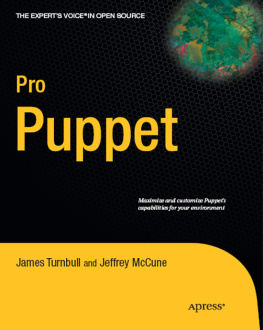Daisy Turnbull - 50 Risks to Take With Your Kids
Here you can read online Daisy Turnbull - 50 Risks to Take With Your Kids full text of the book (entire story) in english for free. Download pdf and epub, get meaning, cover and reviews about this ebook. year: 2020, publisher: Hardie Grant Publishing, genre: Children. Description of the work, (preface) as well as reviews are available. Best literature library LitArk.com created for fans of good reading and offers a wide selection of genres:
Romance novel
Science fiction
Adventure
Detective
Science
History
Home and family
Prose
Art
Politics
Computer
Non-fiction
Religion
Business
Children
Humor
Choose a favorite category and find really read worthwhile books. Enjoy immersion in the world of imagination, feel the emotions of the characters or learn something new for yourself, make an fascinating discovery.
- Book:50 Risks to Take With Your Kids
- Author:
- Publisher:Hardie Grant Publishing
- Genre:
- Year:2020
- Rating:4 / 5
- Favourites:Add to favourites
- Your mark:
- 80
- 1
- 2
- 3
- 4
- 5
50 Risks to Take With Your Kids: summary, description and annotation
We offer to read an annotation, description, summary or preface (depends on what the author of the book "50 Risks to Take With Your Kids" wrote himself). If you haven't found the necessary information about the book — write in the comments, we will try to find it.
Daisy Turnbull: author's other books
Who wrote 50 Risks to Take With Your Kids? Find out the surname, the name of the author of the book and a list of all author's works by series.
50 Risks to Take With Your Kids — read online for free the complete book (whole text) full work
Below is the text of the book, divided by pages. System saving the place of the last page read, allows you to conveniently read the book "50 Risks to Take With Your Kids" online for free, without having to search again every time where you left off. Put a bookmark, and you can go to the page where you finished reading at any time.
Font size:
Interval:
Bookmark:

Daisy Turnbull is a teacher and director of wellbeing. She has taught at St Catherines School in Sydney for eight years, and before that taught across school systems, including at a behavioural school working with students with varying challenges. Before going into teaching, she worked in interactive advertising as a producer and in strategy roles. Daisy is an accredited Lifeline crisis support counsellor and regularly volunteers on the crisis support line. She is the mother of two children, and holds a Combined Bachelors degree in Arts/Commerce, a Graduate Diploma of Secondary Teaching, and a Masters of Arts in Theological Studies. She is also an obsessive crocheter and a terrible runner.
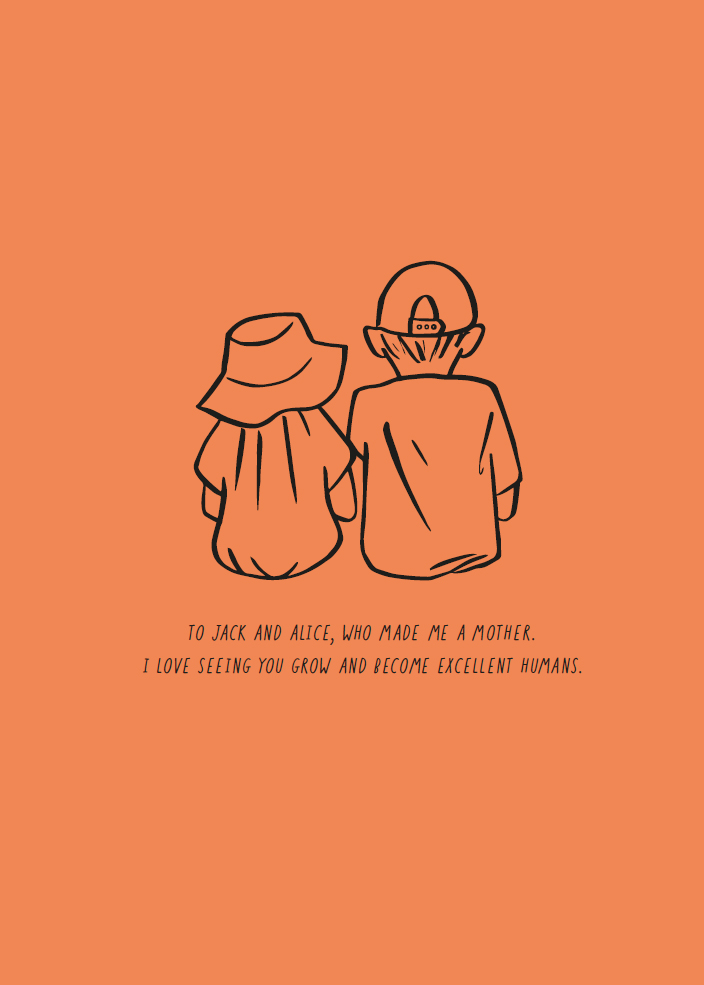
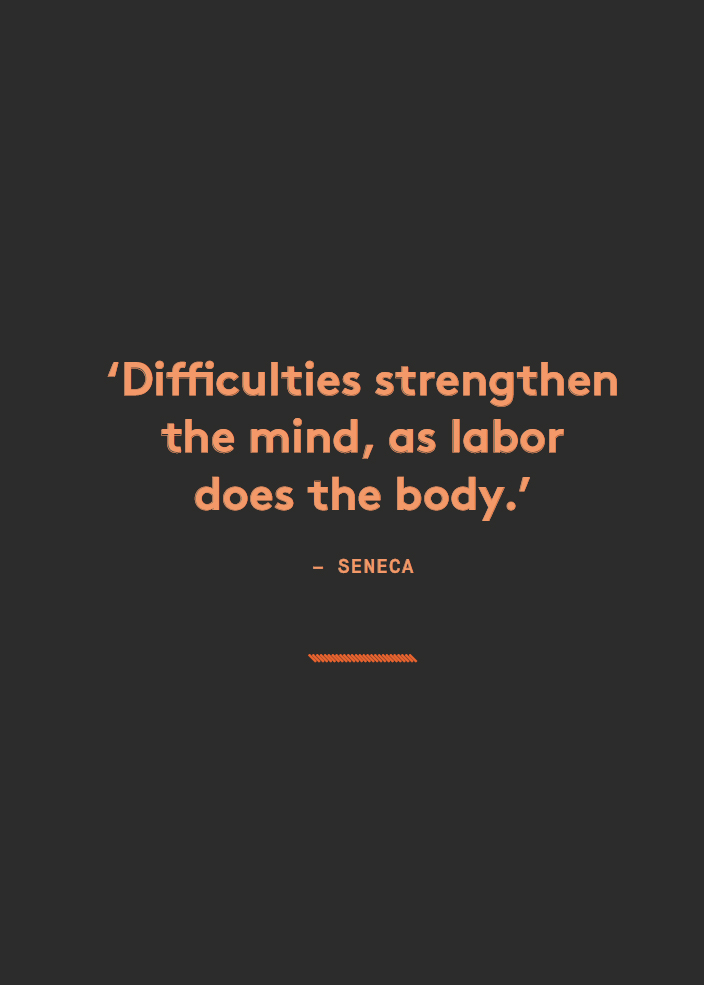
The phrase no risk, no reward is based on the idea that taking a chance gives you the only opportunity of receiving the good consequence of a venture. But when children face risks, they get the bonus of four rewards for every challenge attempted:
a boost of confidence that their parents have faith in them;
discovering that the feeling of fear is often more about a sense of anticipation and not something necessarily to avoid;
learning to cope when things dont completely work out;
and increased confidence for their parents too, which may inspire the parents to encourage the family to take on more challenges and even take more risks themselves.
As the cherry on top, children receive the potential joy and satisfaction of completing each new activity.
Daisy has written an important and timely book that inspires parents to support their children in taking essential risks and in age groups where parents can exponentially build childrens future confidence and capabilities. With a down-to-earth, practical and humorous approach, combined with nods to science, psychology and Bluey, Daisy gives parents a crucial to-do list for their children to slowly face challenges, learn to cope with varied outcomes, and gain more confidence with the accomplishment of each experiment. Most importantly, taking these risks will enhance family wellbeing in time together and time apart, and allow children to discover the wonderful turn life takes when daily activity is not dominated by screens or fear of failure.
Id strongly recommend you and your family take on the challenges (and adventures!) contained within these pages. Im sure all will enjoy the journey, as well as the results.
DR JUDITH LOCKE
CLINICAL PSYCHOLOGIST
It sounds counterintuitive to say that the longer
you let kids be kids, the better they will adult, but
it is true. Research suggests that the more kids are
allowed to play in mud, create games, and develop
their own solutions to problems, the more they will
thrive later in life.
A few years ago I was attending the baptism of a friends child and the priest asked what kind of person the parents wanted their child to be. I often think about this question and the answers it prompts. We want children to be kind. We want them to have perspective and empathy and compassion: empathy is feeling another persons emotions; compassion has the added element of wanting to help someone without their problems becoming yours. We want our children to be resilient and self-aware. We want them to be resourceful and respectful, and we want them ready to face the world as responsible adults.
But amid all these desires we seem to have fallen into the trap of thinking we are responsible for every single one of our childs positive characteristics, and even more so any negative ones. Millennial kids (like me) and older generations almost certainly didnt have our parents standing next to us with a clipboard and pen checking that we were achieving KPIs. Curiosity? Bucketloads. Resilience? Room for improvement. Instead, they let us learn and develop these skills ourselves.
Parenting has changed in the past forty years. Our expectations of parents have increased incrementally from the 1980s, with the rise of helicopter parenting (overprotective hovering that discourages a childs independence) and mother guilt, not to mention working-mother guilt and stay-at-home-mother guilt. Parenting, especially mothering, has more guilt associated with it than a confessional. And there seems to be a divide in society: on the one side there is this Victorian-era children must be seen and not heard philosophy, where parents bring pre-emptive earbuds for their fellow passengers when they are flying with a baby, and on the other a view that kids should always be able to be kids, and that parents (and other adults) should change their plans to accommodate that. I generally support the latter, but we probably need to find a midpoint and stop judging parents. Then COVID-19 happened, and parents were shocked by those who either had to or chose to keep sending their kids to day care or school. Running a full day of learning with a child while also working a full-time job became the final frontier of parenting.
Even before corona, parenting had become a lot more risk averse. Helicopter parenting isnt a brand-new concept. Those stories of kids being told to go out and play and come home when the streetlights came on are not the stories of twenty- or even thirty-somethings anymore; they are the stories of their grandparents. We have generations that have been sheltered from risks, and taught to see the world as an inherently risky place. This is not to discount the very real risks the world can pose, especially for children. But measured, limited and monitored risk-taking for children is one pathway to them becoming resilient, confident adults.
I HAD TO WALK TEN MILES TO SCHOOL, IN THE SNOW!
We love to remind the next generation of kids how good they have it. I struggle to consider what the equivalent to the above statement is for someone who grew up in the 1980s we had to wait for our favourite song to come on the radio so we could record it onto a cassette? And it is even harder to think what kids growing up today will have to humble-brag about in their adult years perhaps only having twenty streaming services to choose from? Clearly, the removal of some childhood risks has been a very welcome and necessary thing the greater scrutiny around child safety in schools, for example, and more creative and safer play equipment so there are fewer broken bones. But ultimately, society has removed many of the natural risks and opportunities for resilience that previously existed in childhood, so we need to create them.
I am a high school teacher and run the wellbeing program at an independent girls school in Sydney. I am also the mother to two young kids, Jack and Alice. I often felt like I was learning everything about childhood development, positive psychology and resilience in double time: what I read about or learned in professional development at school could be applied to my home life, and what I practised at home with the kids was often the test run for implementing activities at school. Being a parent gave me more compassion for the difficulties parents experience when dealing with schools, and being a teacher gave me a lot more gratitude for the amazing work Jacks teachers and school community do. (Being both a teacher and a parent also means I get judged no matter which job Im doing, whether its telling my kid its their toy, their responsibility in the playground, or being told by people that it must be so great to have all those holidays.) There has not been a professional development session that I have attended without sending notes to my mum friends.
Next pageFont size:
Interval:
Bookmark:
Similar books «50 Risks to Take With Your Kids»
Look at similar books to 50 Risks to Take With Your Kids. We have selected literature similar in name and meaning in the hope of providing readers with more options to find new, interesting, not yet read works.
Discussion, reviews of the book 50 Risks to Take With Your Kids and just readers' own opinions. Leave your comments, write what you think about the work, its meaning or the main characters. Specify what exactly you liked and what you didn't like, and why you think so.

